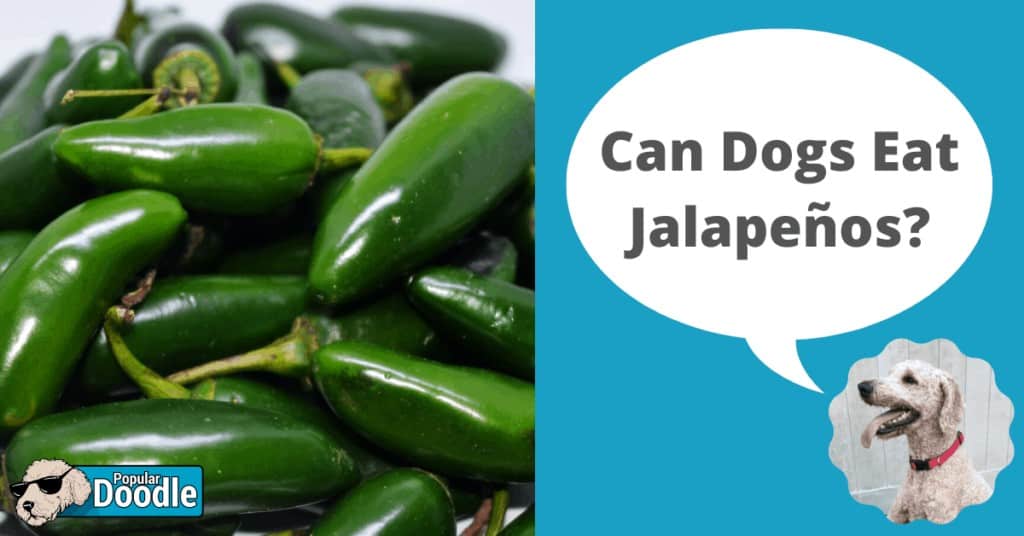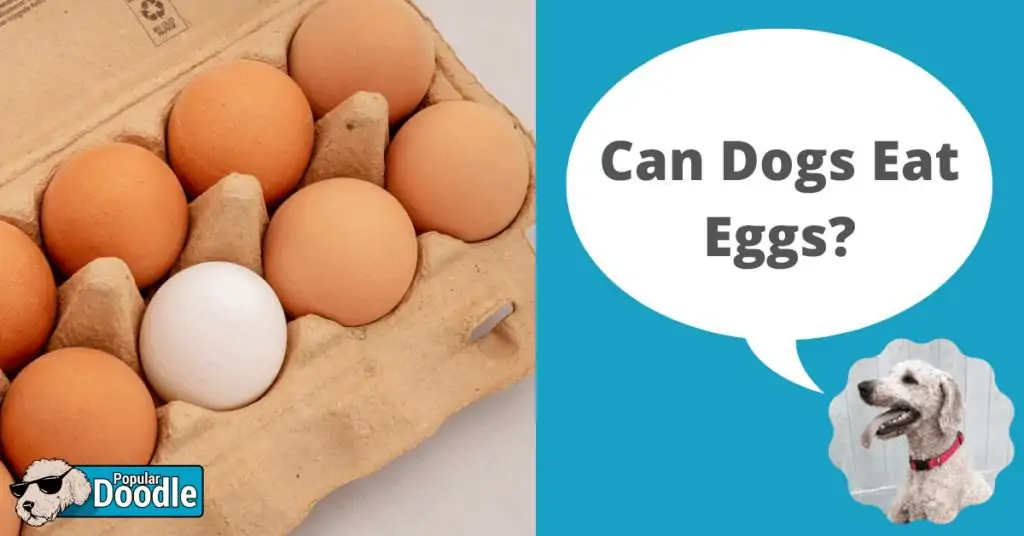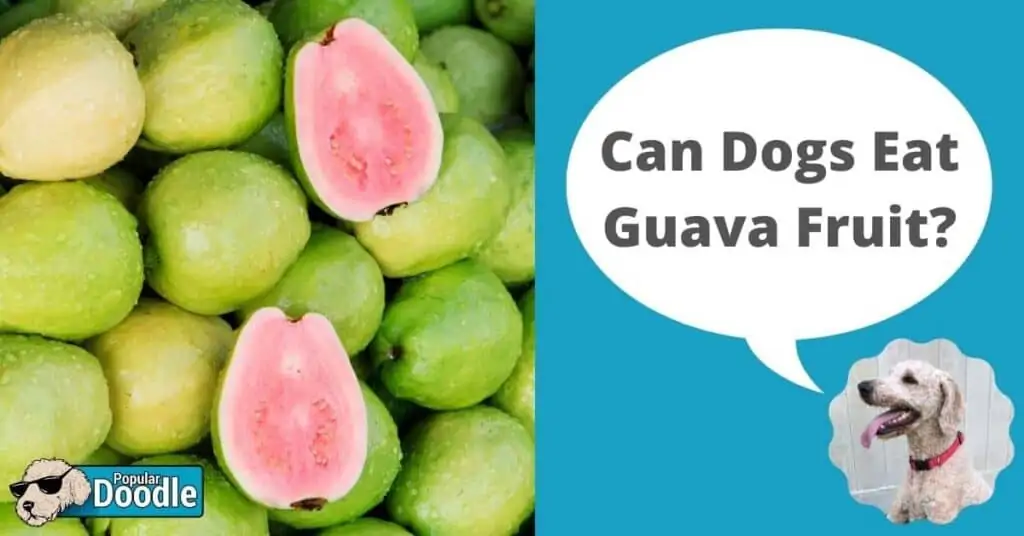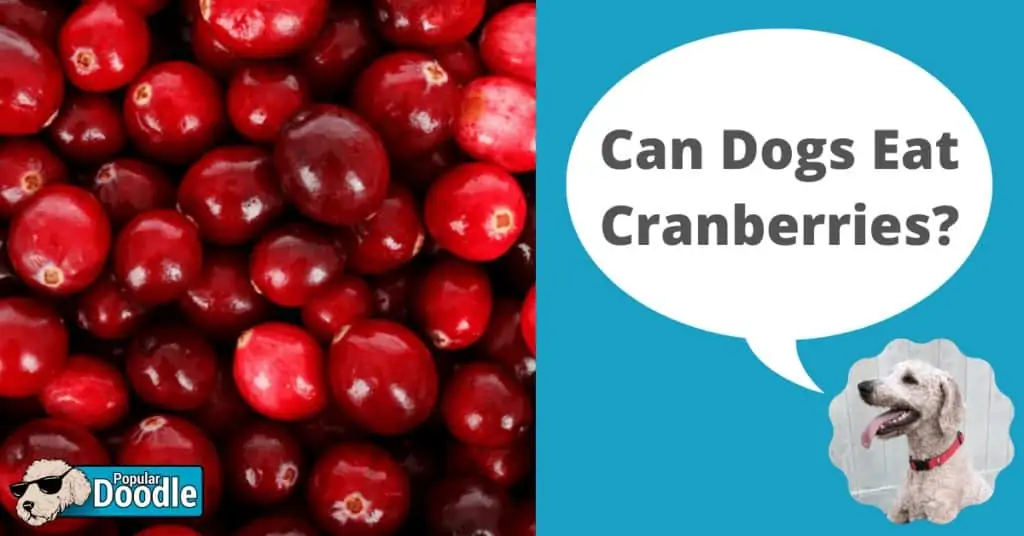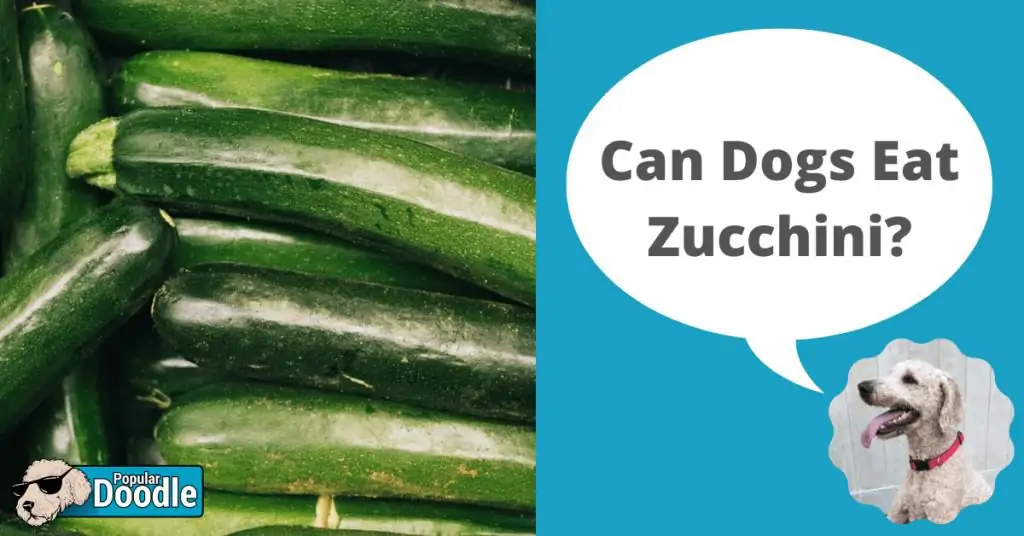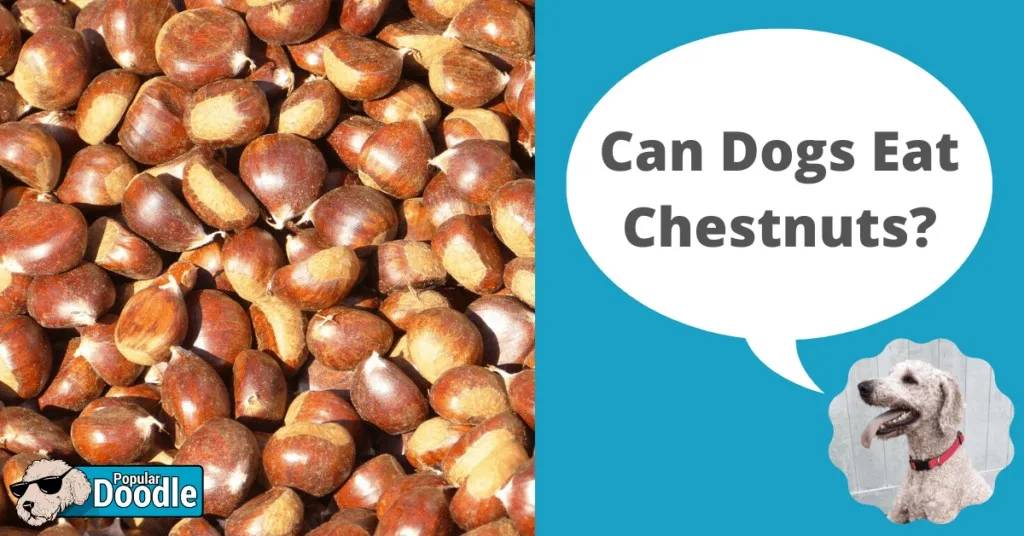
Chestnuts have been cultivated for over 4,000 years! In many countries, this nut was used to replace cereals in order to reduce carbohydrate intake. Clearly, humans have enjoyed this type of nut as it remains a common snack across the world. Like most foods we enjoy, we debate giving a bite to our pups. The real question is, can dogs eat chestnuts? Or are chestnuts bad for dogs?
Can Dogs Eat Chestnuts? (The Short Answer)
Yes, dogs can eat chestnuts! These nuts are full of protein, fiber, omega-3 fatty acids, and vitamins. When given in moderation, they can be a great addition to your dog’s diet! Before giving any to your dog, there are a few things to be aware of. First, look for chestnut options that do not have added salt, as too much salt can be detrimental to your dog’s health. Additionally, too many chestnuts can cause gastrointestinal distress as they contain starch which can be difficult for dogs to digest. Lastly, if the shell is not removed, chestnuts can pose a choking hazard to dogs. Additionally, be sure to cook them before serving.
It’s important to remember, that even with the best of intentions, accidents happen and dogs can easily eat things they shouldn’t. Unfortunately, even if those accidents aren’t fatal, they can result in huge, unexpected veterinary expenses. That’s why we recommend all responsible dog owners get a free, online pet insurance quote from Healthy Paws.
Are Chestnuts Good For Dogs?
We’ve already answered the question, “can dogs eat chestnuts?” Now, let’s learn about the benefits of feeding your dog this food! Are chestnuts good for dogs?
Yes, there are multiple health benefits associated with feeding dogs chestnuts. They’re rich in omega-3 fatty acids, protein, fiber, and vitamins!
DHA is a component in omega 3 fatty acids and is essential for proper brain and eye development in dogs. In older dogs, this component can help slow or minimize cognitive aging. Not only is omega-3 good for the eyes and the brain, it can work wonders on the joints. It’s been shown to reduce inflammation and therefore decrease pain associated with arthritis. In dogs with kidney problems, omega-3 fatty acids can help improve or slow chronic kidney disease.
Protein and fiber are, of course, a vital part of any dog’s diet. Once ingested, protein is broken down into essential amino acids which can then be rearranged and used to build and repair most tissues. Fiber is important for digestive health. It helps prevent the overgrowth of any unhealthy bacteria and can help the intestines repair after being injured.
Many foods contain vitamins, which are very important to the health of dogs, and chestnuts are no different. However, chestnuts are the only type of nut that contains vitamin C! Vitamin C is an important antioxidant. Surprisingly, dogs can actually synthesize vitamin C on their own in their liver, which is something humans cannot do. That being said, additional vitamin C in a dog’s diet is not harmful. Vitamin C plays a role in reducing inflammation and slowing cognitive aging. Along with vitamin C, chestnuts also contain Vitamin B-6, magnesium, iron, and calcium!
Are Chestnuts Bad for Dogs?
We’ve already answered the question, “can dogs eat chestnuts?” Now, let’s learn about the dangers of feeding your dog this food! Are chestnuts bad for dogs?
While chestnuts are nontoxic and even considered healthy for dogs, there are a few precautions you must take prior to letting your pup dig in. The biggest issues are in the preparation phase.
A lot of store-bought chestnuts are doused with salt to add flavor. However, added salt can be rather harmful for dogs. In comparison to humans, dog need very little sodium in their diet. To put this into perspective, the recommended daily intake of sodium for humans is 2,300mg, but most Americans find themselves going above and beyond that recommendation and eat closer to 3,400mg a day. While this isn’t healthy, an excess of sodium doesn’t cause the immediate problems in humans that can it can for dogs.
One of these immediate problems is sodium ion poisoning. Too much sodium intake causes dehydration rather quickly. Water moves out of cells, causing the cells to become hypotonic. This can manifest in symptoms such as vomiting, diarrhea, lethargy, excessive thirst, excessive urination, and potentially seizures or coma. This problem is reversible with quick medical intervention, but it can cause serious damage. Sodium may seem like a small part of your dog’s diet, but electrolytes are incredibly important in balancing most cell functions. To show how easily this can happen, let’s look at the amount of sodium a dog needs. The average 30 pound dog requires 100mg of sodium in one day—that’s a tiny amount compared to humans! In just an ounce of chestnuts, there are around 10mg of sodium, which isn’t a ton, but it’s around 1/10 of your dog’s daily allotment. Many store-bought chestnuts contain added sodium, and that number can easily double if not triple. Your dog should already be getting the amount of sodium they need from their normal dog food. So additional foods that contain a decent amount of salt can have adverse effects.
Another problem with chestnuts is the shell. The shell poses a choking hazard to dogs, as it’s hard to chew and is the perfect size to lodge in an airway. This is an easy problem to avoid. By removing the shell, you significantly reduce the chances of your dog potentially suffocating on this snack.
Too much of this treat can cause problems as well. Chestnuts contain starch, which dogs are unable to digest in the same way that humans can. Too much starch is likely to cause an upset stomach, vomiting, or diarrhea. In severe cases, this can even lead to pancreatitis.
Other Varieties & Related Foods:
Can Dogs Eat Water Chestnuts?
Yes, dogs can eat water chestnuts! Keep in mind that it’s best to give them fresh water chestnuts rather than canned water chestnuts as the latter often contains high amounts of sodium. Water chestnuts are also very starchy, so too much could upset your dog’s stomach.
Can Dogs Eat Roasted Chestnuts?
As long as the roasted chestnuts are plain then, yes, dogs can eat them. Be very cautious, as many roasted chestnuts contain added salt, which can be rather unhealthy for dogs and potentially dangerous if consumed in too large of quantities.
Can Dogs Eat Cooked Chestnuts?
Yes, dogs can eat cooked chestnuts. It’s best to cook them yourself to avoid any additives from being put in. This way you know exactly what is going into your dog’s food.
Can Dogs Eat Raw Chestnuts?
No, dogs should not eat raw chestnuts. It’s advised to only feed your dog cooked chestnuts because raw chestnuts contain a high tannic acid content. Additionally, removing the shell of the chestnut it is much easier once they’re cooked.
Are Sweet Chestnuts Safe for Your Pup?
Yes, dogs can eat sweet chestnuts. Horse chestnuts are toxic to both humans and dogs, but sweet chestnuts are safe for both. Make sure to cook them properly before serving.
In Conclusion: Can Dogs Eat Chestnuts?
Yes, chestnuts are a great snack to introduce to your pet’s diet! They’re packed with omega-3 fatty acids, protein, fiber, and vitamins! All of these contribute to an overall healthy dog! Before letting your furry friend dig in, make sure you remove the shell which can very easily become a choking hazard. Additionally, look for options that don’t have any added salt, as sodium can be dangerous for dogs in large quantities. Of course, like with most foods, give this as a treat or a snack and in moderation—your dog is already getting all the nutrients they need from their normal dog food. Letting them have chestnuts should just be a fun reward or a snack!
Want to Learn More?
Check out these related articles from our “Read Before You Feed” series for more advice on safe foods for dogs!
- Can Dogs Eat Sauerkraut?
- Is Applesauce Good for Dogs?
- Can Dogs Eat Beef Jerky?
- Are Yams Good For Dogs?
- Can Dogs Eat Scallops?
Disclaimer: We are not veterinarians and this article should not be taken as medical or veterinary advice. If you have any questions about your pet’s health or dietary needs, please contact your local veterinarian.



